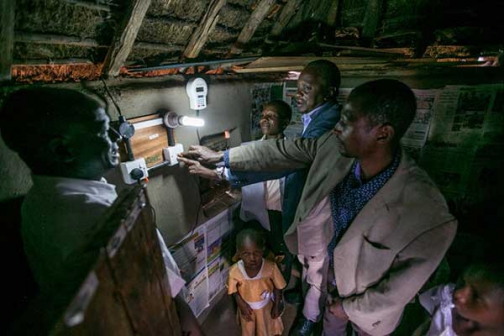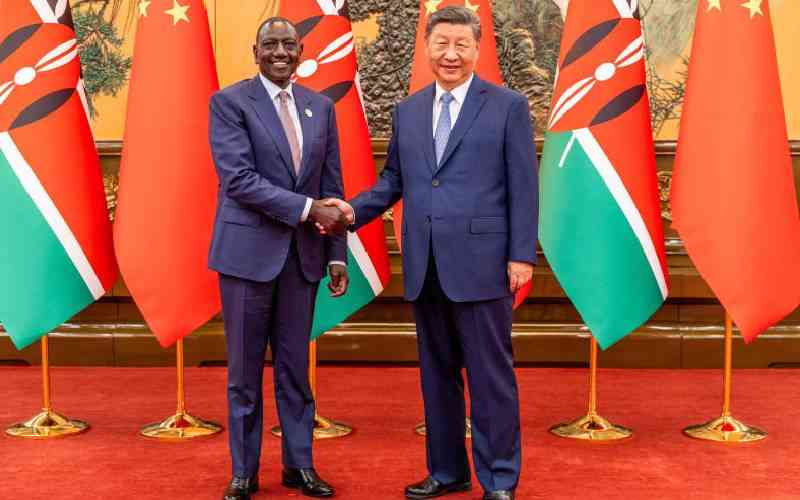×
The Standard e-Paper
Stay Informed, Even Offline

Kenyans should brace for another round of power price hikes following the weakening of the shilling against the US dollar which has seen a rise in foreign exchange levy component of the monthly electricity bill.
In its latest review of some cost components that make up the monthly bills, the Energy Regulatory Commission (ERC) increased the foreign exchange levy to Sh1.28 per unit of electricity for power consumed in February. This is a steep rise from 84 cents per unit charged for electricity consumed in January.







